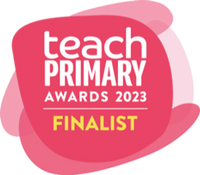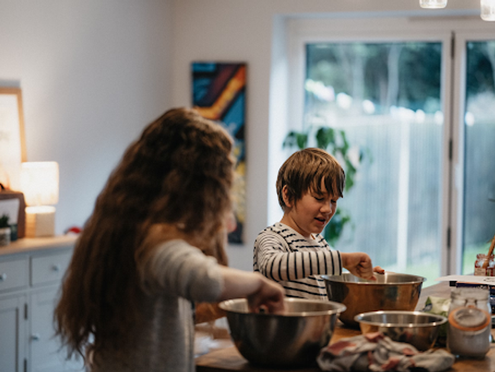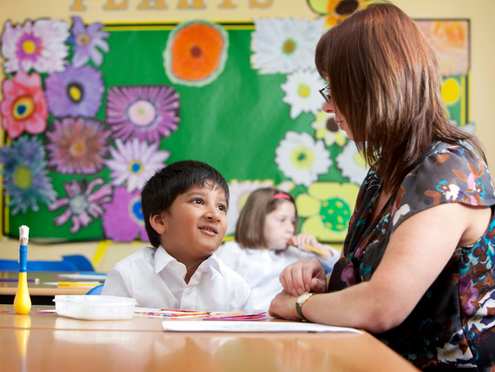How to help your child put their literacy knowledge into action
1. Take an interest in the words your child is learning
Bedrock allows children to learn at their own pace, independently of teachers or parents. But this doesn’t mean you shouldn’t take an interest in their learning! Asking you questions about what they learned will give them an opportunity to share and consolidate their new knowledge.
In each 15-20 minute lesson they’ll discover a fascinating fiction or non-fiction topic and learn between three and five new words. There are two ways to get involved with their learning and we suggest a blend of both:
- After each lesson, ask them about the topic they’re studying and which words they’ve learned. They might suggest a context in which they could use these new words.
- Check your Bedrock emails and dashboard and ask them directly about the topics and words they’re studying. You can find out which words they have recently learned and are currently learning in the dashboard section of your parent account.
- Use this information to start conversations about the topic your child is studying or the specific words they’re learning.
2. Encourage your child to use their new words
The whole point of learning new words is to use them! Once they apply their new vocabulary to different contexts, they will be motivated by the difference their learning can make. So encourage them to do this, both:
- in their school work – literacy is important across the curriculum, so learners can use new words in any subject, not just English
- in conversation with you – talking with your child can improve their literacy, and studies show children who can express themselves with a wide range of vocabulary are more confident.
- For example, if they have encountered ‘endure’ in Block 4’s The Greatest Sporting Rivalries Ever, you could say you had to ‘endure’ detention. Or if they learned ‘transient’ as part of Block 11’s The Kindertransport topic, you could say being ill was a 'transient' state
3. Follow up on children's interests
Some of Bedrock’s fiction and non-fiction topics may spark a particular interest in your child. When they show enthusiasm for a topic, like a historical figure, author, or genre, follow it up! Search for more information online or look up things in books. For example:
- Block 9’s Women Writers could lead your child in many different directions – have they read any classic literature by Jane Austen or the Brontës?
- Block 7’s The Legend of Troy may pique interest in Greek mythology
- Block 11’s The Kindertransport could lead to an interest in the Second World War
By encouraging them to follow up their interests, you may be helping to spark a lifelong passion!





